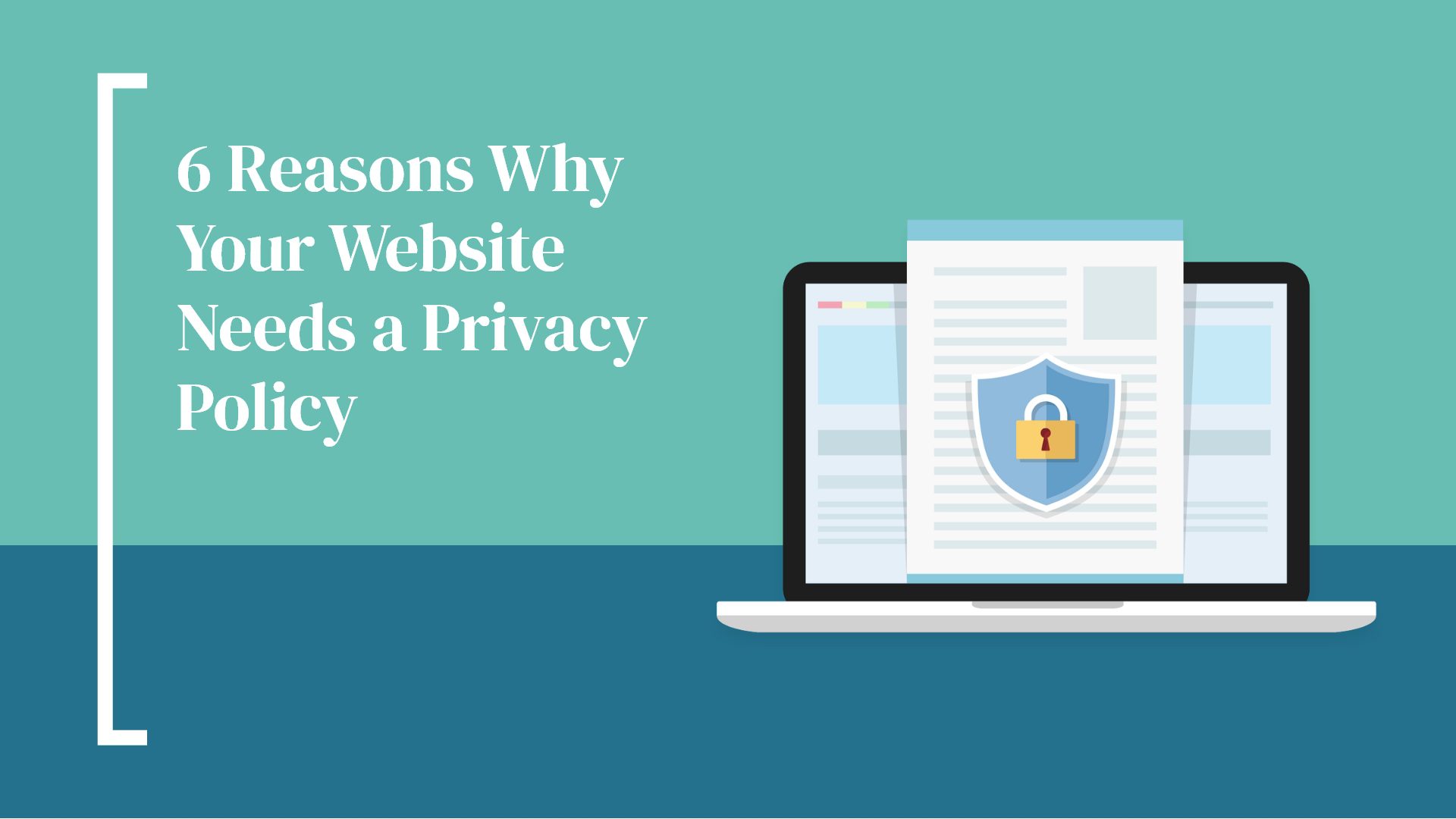Do you have a privacy policy on your website? Privacy policies may seem like just another sleepy legal document, but every website should have a privacy policy. Below we explain what a privacy policy is and share 6 reasons why every website needs a privacy policy.
What is a Privacy Policy?
A privacy policy is a legal document that outlines how a website collects, uses, stores, and protects the personal information of its users. A privacy policy is crucial for maintaining legal compliance, fostering transparency and trust, and respecting user privacy rights. It helps websites establish clear guidelines for handling personal information and provides users with the necessary information to make informed decisions about their data.
Why Do You Need a Privacy Policy?
There are several reasons why a website needs a privacy policy:
1. Legal Compliance:
Many countries and regions, such as the European Union, the United States, Canada, and Australia, have privacy laws and regulations in place that require websites to have a privacy policy. Websites must adhere to these laws to ensure compliance and avoid legal issues or penalties.
2. Transparency and Trust:
A privacy policy enhances transparency by informing users about how their personal information is handled. By clearly explaining the data collection and usage practices, a website can build trust with its users, demonstrating its commitment to protecting their privacy.
3. User Rights and Choices:
A privacy policy typically outlines the rights and choices users have regarding their personal information. This may include options for opting out of data collection, updating or deleting personal information, or managing communication preferences. It allows users to make informed decisions about sharing their data and gives them a sense of control.
4. Data Collection and Use: Websites:
Often collect various types of data from users, including personally identifiable information (such as names, email addresses, or phone numbers), browsing behavior, cookies, and more. A privacy policy clarifies what data is collected, the purpose behind its collection, how it is used, and whether it is shared with third parties.
5. Third-Party Services and Cookies:
Websites frequently use third-party services, such as analytics providers or advertising networks, which may also collect user data. A privacy policy discloses the use of these services, explains the types of data they collect, and provides information on how users can manage or disable cookies.
6. Security Measures
A privacy policy often includes information about the security measures implemented to protect user data. This can include encryption protocols, access controls, regular data backups, and other safeguards to ensure the confidentiality and integrity of personal information.
Do You Need to Add a Privacy Policy?
Do you need help adding a privacy policy to your website? We’re here to help you get started. Schedule a complimentary 30-minute consultation and let’s talk through your questions and see how we can help can support your business.

